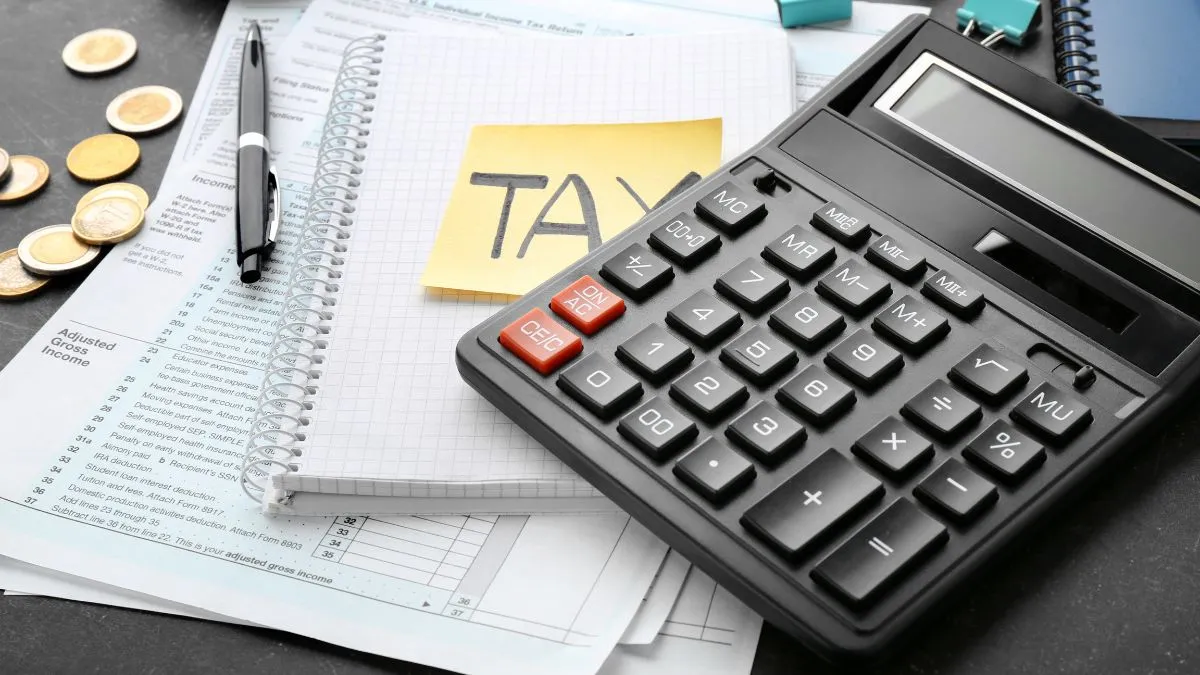- By Aditya Pratap Singh
- Wed, 01 May 2024 03:15 PM (IST)
- Source:JND
Ways To Claim Tax Deduction: As the income tax return filing for the assessment year 2024-25, taxpayers begins on April 01, taxpayers must be informed of the deductions they can take advantage of on their income tax. The last date for filing an income tax return (ITR) for the fiscal year 2023-24 (AY 2024-25) is July 31, 2024. You might not have informed your employers regarding certain expenses and tax-saving investments, such as investments in the Public Provident Fund (PPF) or investments in ELSS mutual fund schemes. However, taxpayers may still get deductions while filing ITR even if they have not submitted some documents to their employer.
5 ways to get a deduction
Deductions available under Section 80C
Investment options like the National Pension System (NPS), Equity-Linked Savings Scheme (ELSS), Unit Linked Insurance Plan (ULIP), and Public Provident Fund (PPF) may be utilized under this section to claim tax deductions of up to Rs 1.5 lakh. Life insurance premiums paid for the policyholder, spouse, and children, and contributions to the Sukanya Samriddhi account are also eligible under this section.
National Savings Certificate (NSC), 5-year tax-saving bank FDs, and post office time deposit schemes also provide a deduction of up to Rs 1.5 lakh.
If you have not invested before March 31, 2024, compare the income tax in the two regimes and choose the one that benefits you while filing ITR.
HRA Exemption
Despite missing the March 31, 2024 deadline to submit the rental agreement to your employer, you may still claim the House Rent Allowance (HRA) tax exemption while filing your ITR. Also, if you receive HRA, ensure to include this exemption to lessen your tax burden. If you are an employee or self-employed person who resided in a rented flat during FY 2023-24, you may claim HRA exemption under the old tax regime. You must report it to your landlord's scheme if the annual rent exceeds Rs 1 lakh to claim the exemption. A private company employee can avail HRA of 50% of the basic salary in metro cities and 40% of the basic salary in non-metro cities.
Also Read: Car Sales In April: Toyota Kirloskar Motor Posts 32% YoY Growth, MG Motors India Sales Decline 1.45%
Expenses Eligible for Tax Exemption
Various expenses are eligible for deduction under the income tax rules such as tuition fees for up to two children, registration or stamp duty charges for a house or property, and principal payment of a home loan. Make sure to include these expenses while filing your ITR to maximize tax benefits. However, keep in mind that the maximum deduction that can be claimed in a financial year is Rs 1.5 lakh.
- Tax exemption on interest paid on children's education loans is available under Section 80E without any maximum limit. The exemption can be claimed by either of the parents repaying the loan. Deduction of up to Rs 2 lakh can be given under Section 24 on interest paid on the home loan.
Deduction under section 80(D)
An individual can use the premium paid for health insurance policies to claim a deduction of up to Rs 25,000 under Section 80D. In addition, if the premium is paid for a senior citizen who is your parent, a deduction of up to Rs 50,000 can be claimed. If you have not submitted your insurance premium receipts to your employer before March 31, 2024, you can still claim these deductions while filing your Income Tax Return (ITR).
If your senior citizen parents are not covered under any health insurance policy, and you had to spend money on medical bills for them in the last financial year, you can claim a deduction on these medical bills. Additionally, you can also claim a deduction of up to Rs 5,000 for preventive health checkups conducted during the year under Section 80D.
Interest from a savings account
Section 80TTA of the Income Tax Act allows you to deduct the interest earned from savings accounts from your tax liability, up to a maximum of Rs 10,000 in a financial year. Senior citizens can claim a deduction under Section 80TTB for interest earned from savings accounts, post office deposits, and fixed deposits up to Rs 50,000.


